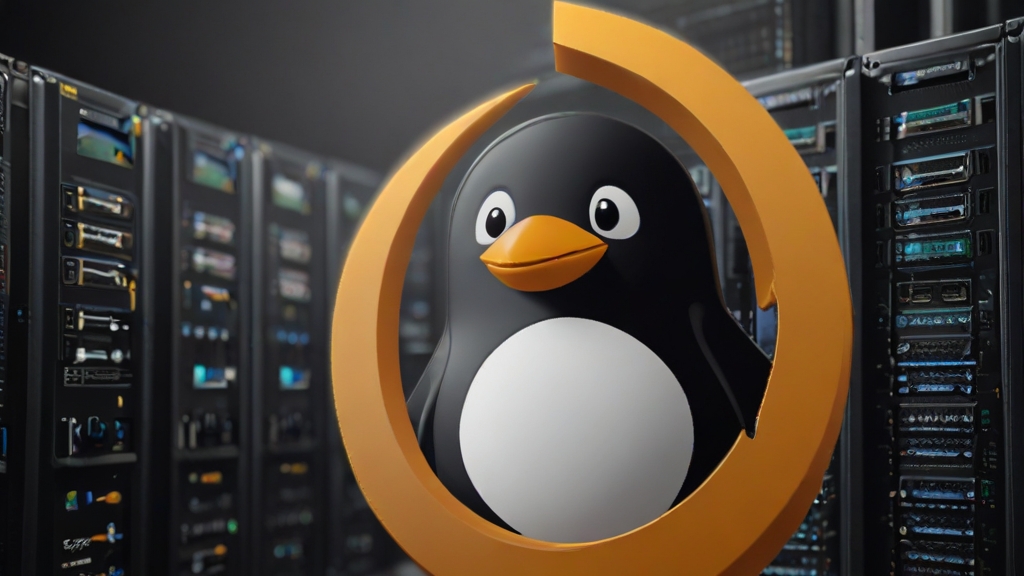
Why Linux? Exploring Its Core Benefits
Operating systems are undeniably the backbone of modern computing, orchestrating every aspect of a computer’s functionality, from managing hardware resources to providing the necessary environment for software applications to operate. Without operating systems, the digital world as we know it—comprising browsers, computer games, productivity apps, and even the development of programming languages—would come to a standstill. Among these critical systems, open-source operating systems, particularly Linux, stand out not only for their cost-efficiency and flexibility but also for the pivotal role they play in fostering innovation and freedom in computing.
Open-Source and Free
Linux is at the forefront of the open-source movement. As an open-source operating system, its source code is freely accessible to anyone interested, promoting transparency and continuous enhancement from a global community of developers. This open model demystifies the entire process of how the OS works, enabling users and developers to tweak, improve, and adapt the system to their specific requirements. Unlike proprietary systems that come with high licensing fees, Linux is completely free, offering a cost-effective solution not just for individuals but also for businesses that are looking to scale without significant software costs.
Stability and Security
The reputation of Linux for stability and security is well-earned. Thanks to its modular design and a meticulous development approach, Linux offers a robust platform resistant to crashes and system downtimes. Moreover, its security model is a formidable barrier against viruses, malware, and other cyber threats, making it a preferred choice for environments where security is paramount. Its frequent updates and patches, driven by an active community, ensure that the system remains fortified against emerging security vulnerabilities.
Customizability and Flexibility
Linux’s ability to be customized is unparalleled. Whether it’s choosing from a variety of distributions tailored for different uses or selecting a specific desktop environment, users have the liberty to mold their computing interface as they see fit. This ranges from minimalist distributions ideal for older hardware, to rich, feature-packed environments designed for power users. Such flexibility not only enhances user satisfaction but also extends the life of hardware resources by reducing electronic waste.
Hardware Support and Compatibility
Another area where Linux excels is its wide hardware compatibility. Linux distributions can be installed on a variety of hardware platforms—from legacy desktops and high-end servers to modern embedded systems like IoT devices. This broad support is facilitated by the Linux kernel’s ability to work with numerous architectures, making it a versatile choice for both general and specialized applications.
Community and Support
The vibrancy and resourcefulness of the Linux community contribute significantly to its appeal. Whether you’re a novice seeking guidance or an experienced developer looking for advanced technical discussions, the community offers a rich pool of resources including forums, online courses, and extensive documentation. This collective knowledge base and the spirit of collaboration make solving problems and learning easier for everyone involved.
Multitasking and Performance
Linux is also known for its efficient multitasking capabilities. It can manage multiple processes simultaneously without compromising the performance of the system. This makes it particularly effective in environments like servers and scientific computing, where handling concurrent tasks efficiently is crucial. Its performance is optimized through a well-designed kernel that ensures stability and speed, even under demanding conditions.
Software Ecosystem
The breadth of software available on Linux is another of its strengths. The ecosystem encompasses everything from complete office suites and sophisticated multimedia tools to powerful development platforms and cutting-edge scientific applications. Most of these tools are available free of charge, with open-source licenses that allow further customization.
By adopting Linux, users embrace a platform that not only upholds the principles of freedom and collaboration but also excels in performance, security, and reliability. Linux offers a compelling alternative to proprietary operating systems, making it an excellent choice for anyone looking to explore the potential of their computing hardware to its fullest. Whether for personal use, development, or corporate infrastructure, Linux stands as a beacon of innovation and versatility in the realm of operating systems.